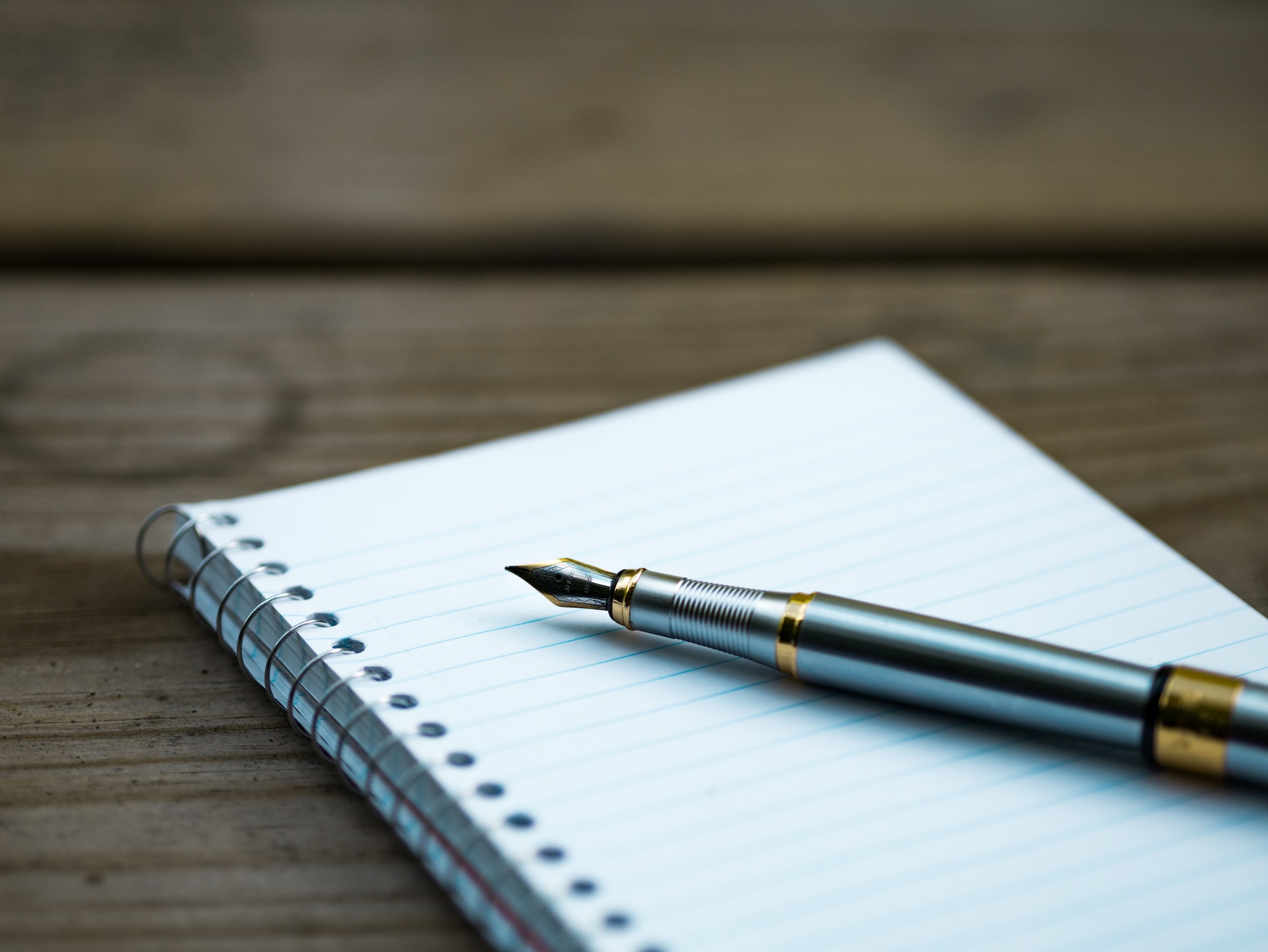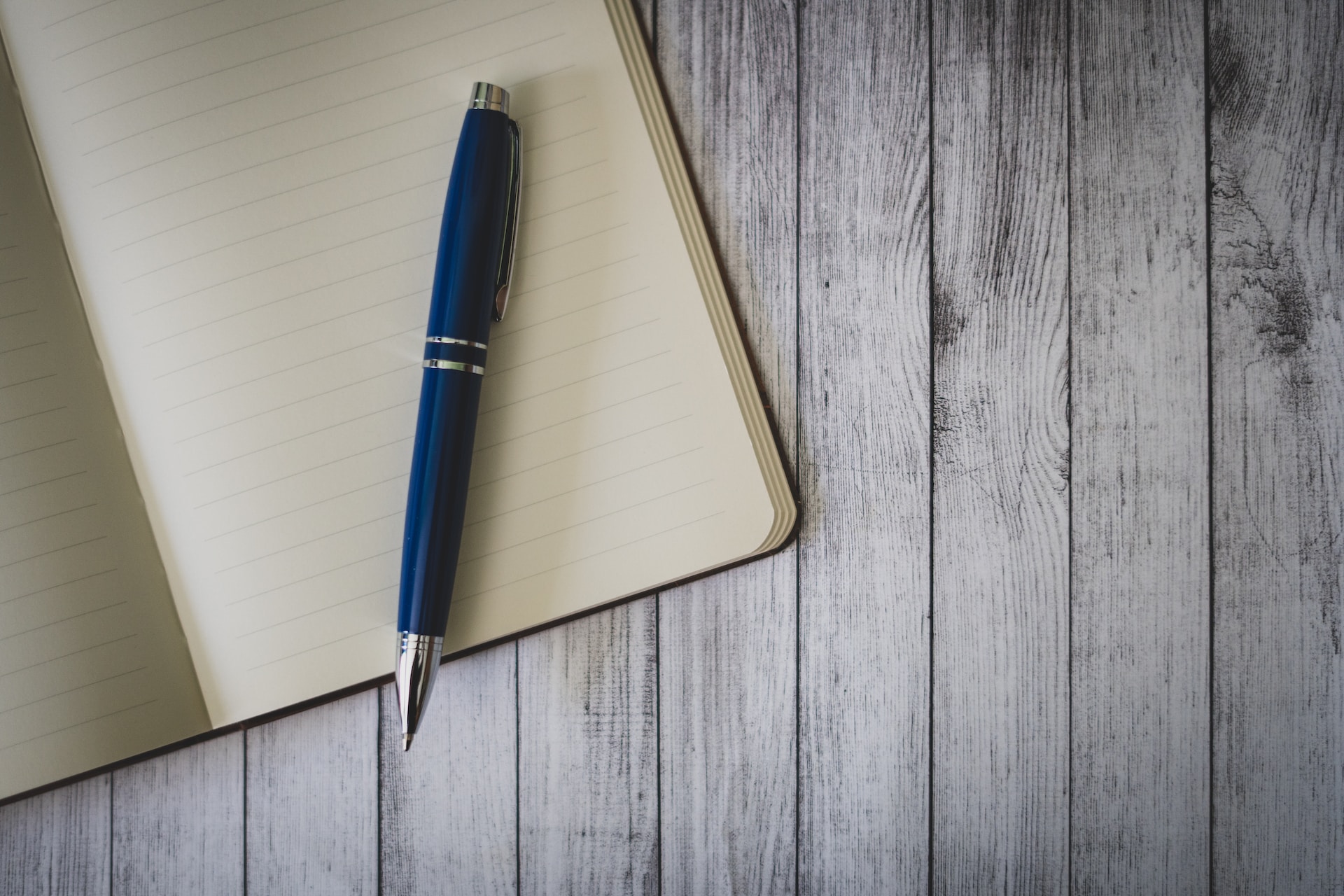Do you need assistance with enhancing your essays? Have you ever thought of using creative writing methods to help you explore your own writing more deeply? Although you might not have realized it, creative writing has a lot in common with essays and other types of academic writing, which can be useful for your own projects.
Originality is the key to creative writing; it involves utilizing your imagination to convey ideas and thoughts in a way that is particular to you. It’s the ability to write with your own “twist,” departing from more conventional academic, journalistic, or technical genres.
Essays, on the other hand, are far more objective and call for the use of data and support for your arguments. In order for your tutor to readily and thoroughly understand your thoughts and how your best essay writer arrived at its conclusion, your writing style must be properly crafted.
The ultimate objective of both texts is to hold readers’ attention and present a specific message or point of view. Therefore, why not employ unique essay writing approaches to make your homework more interesting for your professors and instructors?
10 Novel Writing Methods to Enhance Your Essays
Do you want to write essays better? Make a note of these ten diverse creative writing suggestions to make sure your upcoming assignment stands out from the competition.
1. Freewriting
It’s usually a good idea to sit down and brainstorm any early ideas when you’re first starting to write, whether it’s essays or fiction. Freewriting in particular is a well-liked creative writing technique that many authors utilize to assist them start thinking and brainstorming their ideas.
Similar to brainstorming, freewriting was created by Peter Elbow in 1973 and encourages writers to write continuously. Writers are urged to record any and all ideas that come to mind, regardless of how absurd or unimportant they may be (you may decide this later), and to do so without caring about grammar or spelling.
Freewriting is afterwards thought to aid with:
- Increase the flow of ideas to decrease the likelihood of leaving out an excellent one.
- Fluency is improved when writing for longer periods of time.
This can be done for essays by writing the question in the center of the paper and then mind-mapping any ideas or thoughts that occur to you. Literally anything you can think of that is pertinent to your essay can be included in this mind-map, from the kinds of questions you might need to address to earlier texts you may have read that could serve as supporting documentation.
This portion should just take a short amount of time because it is simply a preliminary brainstorm. Therefore, set a timer for ten minutes, play your favorite music, and allow the thoughts to come to you.
Using this creative essay writing strategy can truly assist you in generating some first thoughts regarding the subject matter of your essay and put you in the right frame of mind to start your research and planning.
 2. Make an outline or storyboard.
2. Make an outline or storyboard.
Once you have your initial ideas on your essay topic, you should start organizing them into a strategy for how to approach your project. Nothing is worse than sitting down in front of your computer and wondering, “So, what should I do next?”
Creative writers generally draft an outline before starting to write so they can see where their story is heading and what they want to express with it. It should be the same for essays.
A storyboard is a great creative writing approach to use when preparing narratives. It can either be a short story that summarizes the plot diagram (or, in this case, the “plot” of your essay) or a longer illustration of the story that is divided into “frames” (or, in your case, paragraphs).
Even if it doesn’t have to be long, you should still write a basic outline that includes the introduction/thesis, the key points you want to cover, and a conclusion that pulls everything together and provides a summary of how the thesis was answered. Don’t forget to provide any supporting documentation you may need. Ultimately, it doesn’t matter how you approach developing your essay outline as long as it is clear and makes sense to you.
3. Constantly keep your reader in mind
It is crucial to keep your reader in mind at all times when writing. You must be very aware of the audience for your essay in order to write in a style that will keep their interest throughout.
In order to make their writing as interesting as possible, creative writers spend a lot of time revising it. They frequently add numerous subtle nuances and extra informational tidbits to the story to make it more interesting.
Although word constraints and the genre you are writing in often place restrictions on essays, you should still allow plenty of time for editing so you may create the most interesting essay possible.
If your teacher assigned the essay, they presumably have at least another 15 or 20 essays to read and mark before they get to yours. It’s a good idea to try and be innovative in your writing, possibly by attempting a fresh structure or including points from lesser-known but still significant thinkers and writers who may pique the reader’s attention. Of course, it’s still necessary for you to mention the obvious.
To keep your writing engaging and new, combine a variety of various sentence forms and starts. As you edit your work, keep in mind that a good flow is essential to making your essay simple to read. A delicate balance must be struck between the use of novel sentence starters and making your essay challenging to read.
4. Within your writing, be alive
Any successful author will tell you that the key to their success is spending every waking moment immersed in their work. Okay, not literally, but by being fully aware of every little aspect of their tale.
They might be crafting a short story, for instance, about a knight who is attempting to rescue a princess from a tower. However, because they are so familiar with their characters, the writer would be able to answer questions like what they had for breakfast or what time they went to bed the night before.
This should apply equally to writing essays. Make sure you are familiar with and comprehend every aspect of your essay, and if space permits, elaborate on it in the text’s body.
These details might range from fascinating details about any authors or works of literature you are critically analyzing to unusual information regarding theories to show your reading on the subject. Remember, the more you can persuade the reader that you are an authority on your subject, the simpler it will be for them to give you a high rating!
5. Always start with an intriguing sentence.
One of the most frequent creative writing suggestions you’ll receive is to write the finest start you can if you ever decide to take creative writing as a summer course or as a major in further education. The introduction of your writing establishes the complete framework for the remainder of your work; you must make the finest first impression to persuade the reader that they will appreciate the material.
Creative writing frequently begins with a hook to pique the reader’s interest right away. All authors want to make the most impact right away and persuade the reader to keep reading by finding methods to skew chronology, employing strong imagery, or offering thought-provoking questions.
Your essays should, like any good work of writing, begin with an intriguing proposition for the reader. Beginning with a strong introduction will generate a positive first impression on your reader, who will then be eager to continue reading.
There are a few techniques for writing an enticing start. You might try utilizing rhetorical questions to get people involved in the reading process or using imagery to set the tone for your essay, much like a creative writer might. You may even incorporate a quotation from a well-known author that summarizes the thesis of your paper to show that you have read widely.
Just keep in mind that your teacher or tutor will likely have a ton of other essays to grade. You’ll engage them considerably more if you can make yours intriguing and distinctive from the start than if you stick to the same formula as your classmates.
 6. Fill out your writing with specifics
6. Fill out your writing with specifics
Any reader or writer will tell you that the details are what make writing interesting.
Read the two passages of text that follow:
“William Shakespeare was born to Mary Arden and John Shakespeare at Stratford-upon-Avon on April 23, 1564. Shakespeare was the third of eight children.
“Mary Arden and John Shakespeare received their third child, a son named William Shakespeare, on April 23, 1564, a calm spring day. Shakespeare was born and nurtured in the bustling market town of Stratford-upon-Avon in a large family with eight siblings, yet by no means did this interfere with his aptitude.
Which did you like best? anyone has the details? Precisely.
You should do the same with your essays as creative authors do by including lots of detail and description to enhance your work. If you only concentrate on the academic, essays can get fairly dry, but you can add extra elements to keep them interesting.
You can add pertinent elements to essays that are focused on the humanities, literature, theater, or history even though this might be challenging for essays with a stringent word limit or ones that are very scientific. For instance, if you’re writing about a play by Bertolt Brecht, you can discuss how the political upheaval in his own country at the time affected his writing.
Adding more details and nuggets of knowledge will not only keep your reader interested, but it will also show that you have the confidence to read further into the subject and advance your learning. This kind of self-guided, independent study will definitely impress the reader and could result in extra credit for you.
7. Don’t end on a vague note.
The fundamental question is whether or not to be ambiguous. When it comes to using ambiguity as a successful creative writing strategy, creative writers frequently have conflicting emotions.
However, audiences are frequently upset by ambiguity since they want to know the complete closure of a tale. In some cases, keeping the ending open might be helpful for letting the reader form their own perspective on the subject. But when writing your essay, this is unquestionably a mistake you don’t want to make!
In order for the examiner or marker to comprehend what you have learned throughout the process and what your final response to the essay question is, make sure you always adequately conclude your essay. In contrast to creative writing, your teacher needs to know that you have understood and reached a conclusion about your work because that is what will actually result in a grade for you.
However, you must also make sure that this conclusion is understandable and simple to locate. Your teacher, who has a lot of essays to grade, will be looking for a succinct and unambiguous conclusion; if you are vague or “fluffy,” they will become irritated, just like most readers.
8. Please edit again!
One of the most crucial creative writing skills that every writer should employ is editing. It’s quite difficult to create the ideal work of literature on your first try. especially when writing essays.
In his biography about the craft, Stephen King urged readers to “Kill Your Darlings, Kill Your Darlings, Even When It Breaks Your Egocentric Little Scribbler’s Heart, Kill Your Darlings.”
He also makes a very good point. It can be very challenging to understand cutting out portions of text you’ve carefully constructed when editing, especially when you need to reduce word counts.
However, in order to do your best job possible, you must be brutally honest with yourself and ask, “Is this actually bringing value to my work?If not, remove it and, if there is room in the word count, include something even more enlightening.
Make sure to allow adequate time while planning your essay to review and modify your initial draft. After a short interval, return to it and read it through once more. You might see some blatant errors that you might have missed in the initial draft!
9. A peer review
Another good creative essay writing approach to use is peer review to make sure your final product is as good as it can be.
As part of the editing process, many creative authors will ask their friends, editors, and even focus groups to read and comment on their work. Peer reviews can provide a wealth of useful information, such as:
- identifying any errors or missing information
- examining the text for grammatical and spelling mistakes
- Identify and eliminate ‘waffle’ and pointless details
Why not ask a friend or member of your family to read over and sense-check your essay once you’ve finished and edited it? To avoid giving them any inspiration for their own ideas, it is worthwhile to get someone outside of the class to read it. They’ll assist you in locating any passages that are illogical, could use better, or have poor grammar or spelling.
Peer reviews can be intimidating because you worked so hard to produce your writing and it might be unsettling to hear someone else criticize it. But keep in mind that any feedback is intended to help you write better and, ideally, get higher grades. Your essay will only gain from it!
 10. Make notes on your thoughts.
10. Make notes on your thoughts.
Every excellent writer keeps a notebook close at hand, ready to scribble down any ideas they may have or discover. This is an excellent strategy to use when writing essays as well. You’ll be astonished at how many ideas will come to you at random, perhaps when you’re out shopping or commuting to class. These ideas might even be your best ones yet!
This is not limited to taking place while writing a single essay. Keep any ideas that weren’t chosen for the final draft of one piece of work in a safe place in case you ever need them for another in the future.
Summary
Contrary to what you may have previously believed, academic essay writing and creative writing both eventually seek to captivate a reader and convey a specific message, theory, or point of view.
In this regard, employing creative writing approaches during the design and writing of your essay might assist you in producing a more insightful, captivating, and ultimately superior piece of work than you may have previously done.
Each suggestion on this list has been tried and tested with a track record of success by some of the most renowned authors in the world. Utilize them in your subsequent task to make your writing stand out from the crowd.



